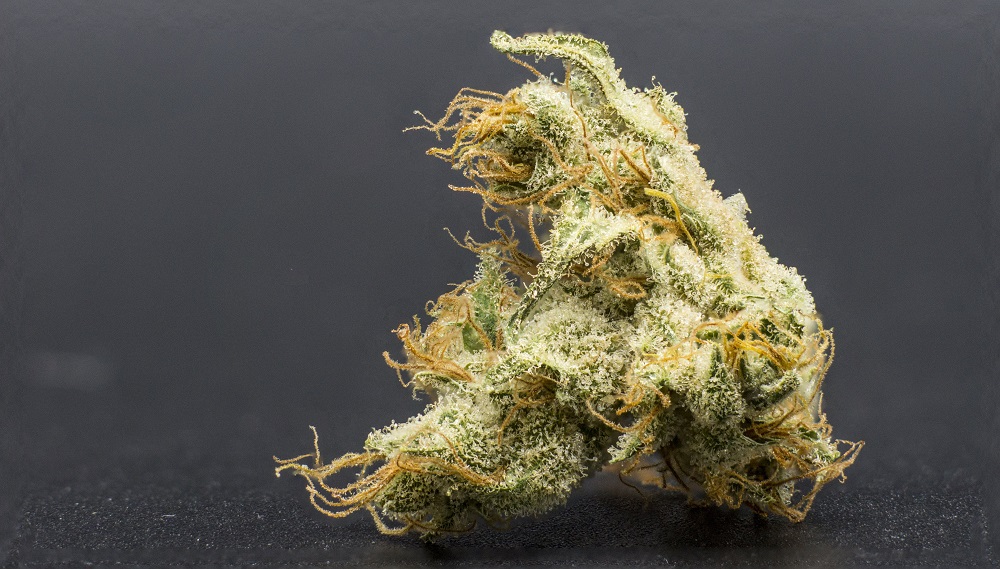
16 Aug Opinions are like a**holes
The saying “opinions are like a**holes, everyone’s got one” is so true. The thing about opinions is they don’t have to be based upon facts, reality or history. They can be pulled out of any dark bitterness or optimistically airy place and floated forward in the hopes that someone latches onto that particular ring of thought, just to watch it sink as others blow holes in the idea.
In Washington, we are in phase “Cannabis 2.0.” Our legal industry is six years old, and one opinion all seem to agree upon is that it is time to examine and revise the regulations governing how we bring this plant to market. The original rules were created on assumptions, fear of the unknown and a misunderstanding from all parties of the risks, needs, market, plant, methods and many other factors that we now understand better.
My opinion is we did a pretty good job of relaying the need to be sensitive to the “little guys” early on in our rulemaking, establishing what would eventually set Washington apart from all other states. The initial rules helped establish Washington as a craft-centric market, due to restrictions on individual canopies, limited license ownership and multiple licensees and a separation of growers from retailers. But it was messy! Back in 2013 and 2014, there were hundreds of us a**holes with opinions participating in the discussions while not being strategic or fully understanding how the government works. Our messages often got lost, even if we were loud. But we learned that while loud does not work efficiently, it is the grease to the wheels of change.
I have concluded that during Cannabis 2.0 I must be both loud and strategic, working within my better understanding of how government channels work. I’ve learned government officials prefer to work with industry organizations representing their membership. Conversations are more controlled and are professionally delivered, leaving fewer voices and fewer opinions to wade through. Regulators and legislators like actual legal language handed to them for consideration, as opposed to opinions thrown at the wall for later interpretation. Learning how to read and interpret the Revised Code of Washington (state law) and Washington Administrative Code (state rules) was an early lesson I am still perfecting; in order to change rules and laws, one needs to fully understand the language of the current ones.
The industry organizations in Washington recently recognized that we will be more effective working together on the big issues. The first issue agreed upon was to address the proposed revisions to how we test our cannabis for potency, pesticides and other contaminants. This is a rule change topic that began almost two years ago, yet the Washington State Liquor and Cannabis Board received very few recommendations from licensees and industry organizations on the topic. Laboratories, however, were actively involved so the proposed rules favor the labs with a suggested five-pound lot level testing recommendation versus harvest-level testing that many of us favor.
The final hearing was July 8 and just prior to that date, the four industry organization heads concluded there was no consensus on this topic within the memberships and did not weigh in as a single industry during the hearing. I found that sad but not surprising. Each organization wants their opinions to be paramount. However, working together on the big issues is more important than who gets credit.
But that is just my opinion.
Shawn DeNae is the CEO of Washington Bud Company, the first flower company in Washington to voluntarily test for both heavy metals and pesticides. Her family established their brand in 2012 to serve patients. She is actively involved in helping push for sensible cannabis regulations that support craft cannabis companies.
Read more articles by Shawn DeNae at https://www.marijuanaventure.


